Hydration for Exercise
Fluid balance is vital to maintain health, however, fluid requirements vary per individual due to human and environmental differences. There are currently no set guidelines for hydration needs in exercise, but some sensible recommendations on how to monitor and manage your hydration needs safely.
There are few ways to assess hydration, one way is to monitor changes in urine colour, frequency and volume. Dr Leon Creaney* advises to keep track of body weight daily when performing endurance exercise to monitor fluid losses. He recommends: “For every kilogram of body weight you lose, drink up to a litre and a half of fluid.” Hydration is important before, during and after exercise.
Before exercise: Aim to drink steadily in the 3-4 hours run up before exercising.
During exercise: How much fluid you need is dependent on your size, sweat rate, exercise duration and intensity. If exercise is not high intensity and is less than 1 hour, water is fine.
After exercise: People performing high intensity/endurance exercises longer than 1 hour may benefit from isotonic drinks to replace fluid and electrolytes lost through sweat.
• Isotonic drinks: You can make your own isotonic drink with 200ml squash [not low calorie], 800ml water and a pinch of salt.
• Alcohol: avoid alcohol, it is a diuretic which means it draws water from cells leading to dehydration.
• Caffeine: contrary to belief, tea and coffee are fine to rehydrate. It is however recommended to limit caffeine to around 2 cups of homemade coffee a day.
Top tips:
1. Always have a fluid source to prevent dehydration before, during and after exercise.
2. Monitor urine colour and frequency.
3. Hydration during exercise does not have to be complicated - listen to your body!
Facts about hydration:
• Our body is made up of around 2/3 water.
• Drinking enough helps transport nutrients to cells and regulate body temperature.
• Fluid losses exceeding 2% of our body weight can reduce cognitive function and exercise performance.
• Dehydration can lead to heatstroke, tired muscles and poorer exercise performance.


